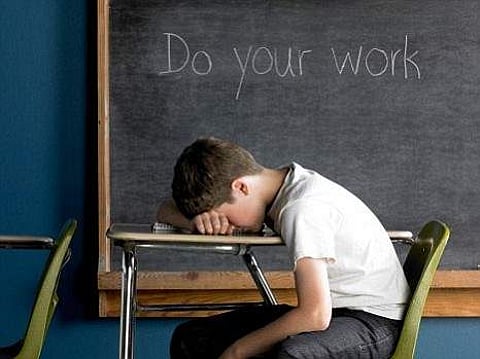

This was the response of Jesus when he was seen dining with sinners and someone asked his disciples why he ate with them. Jesus added, “I came not to call the righteous, but the sinners”. Following the recent declaration of public examinations results, there was a spate of press releases and paid advertisements that crowed about the impeccable feat of securing 100 percent pass marks at various schools.
Such cases hide the sins of suppressing students by keeping them away from exams in various ways – many of them dubious and amounting to the betrayal of the implicit trust the students place on the school management. When you come to the educational stream, there were, and are disciplinary detentions. In India, such detentions and corporal punishments are regulated by the education department and defaulting teachers, headmasters and even principals have been ‘disciplined’.
The next kind of detention involves barring those who fail in exams from being promoted to the next class. This also involves appearing for the final public exams as well. A bill to amend the Right To Education (RTE) Act to abolish the ‘no detention policy’ in schools was passed in the Lok Sabha on July 18, 2018. Replying to the debate on The Right of Children to Free and Compulsory Education (Second Amendment) Bill 2017, Union Human Resource Development Minister Prakash Javadekar said that it will be at the discretion of the states whether to continue with detentions or not. Under the current provisions of the RTE Act, no student can be detained till class 8 and all students are promoted to the next grade. The Minister said that “Schools have become schools only for mid-day meals as education and learning are missing.”
This Bill enables regular examinations for Classes V to VIII, and if the child fails, they shall be given an additional opportunity for re-examination within two months’ time. In the case of final public examinations, this will be in the form of a supplementary exam. School management, however, eliminates weaker students from examinations so that strong students can ensure a 100 per cent pass rate.
This takes us to the Mahabharata. Ekalavya aspires to learn archery in the gurukul of Dronacharya. Not being able to do so, he trains by himself in front of a symbolic statue of Drona. By practising in front of the statue of Drona, he became a very powerful archer and warrior and later offers his right-hand thumb as Guru Dakshina.
